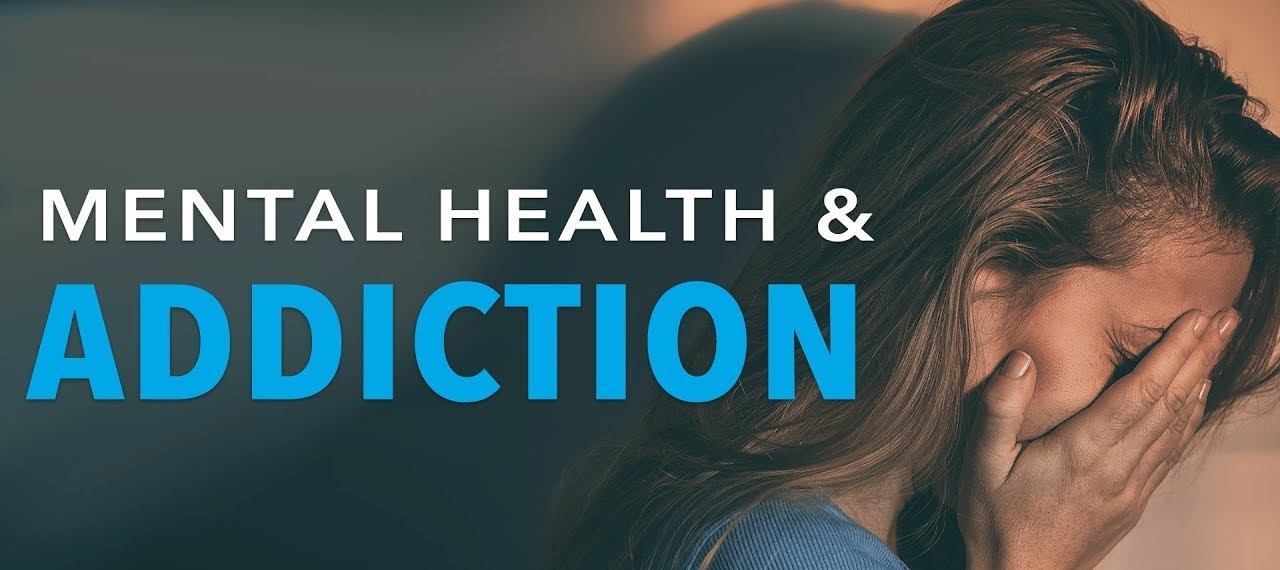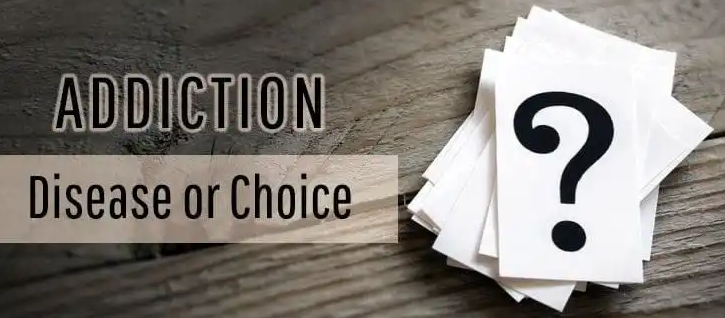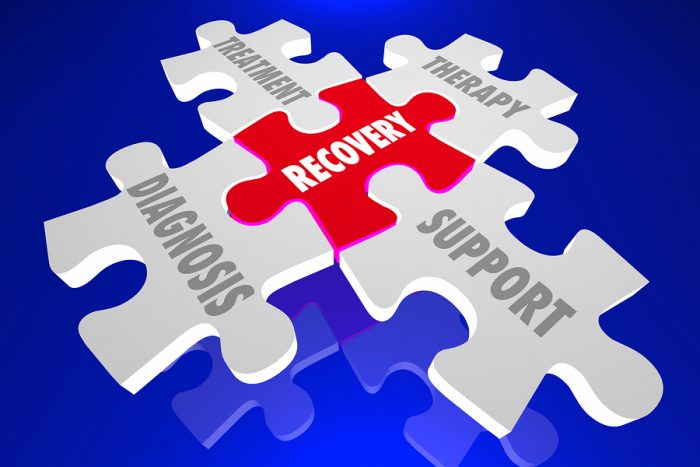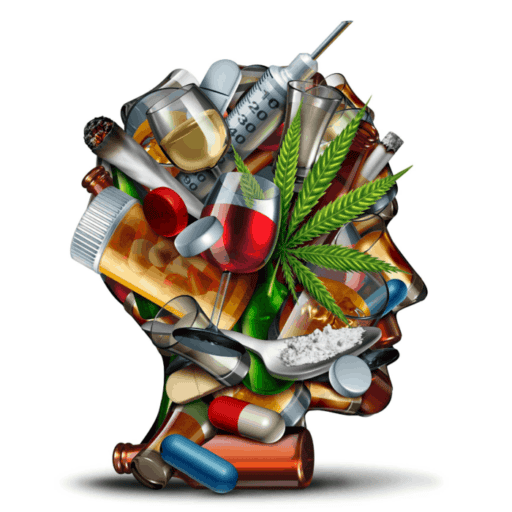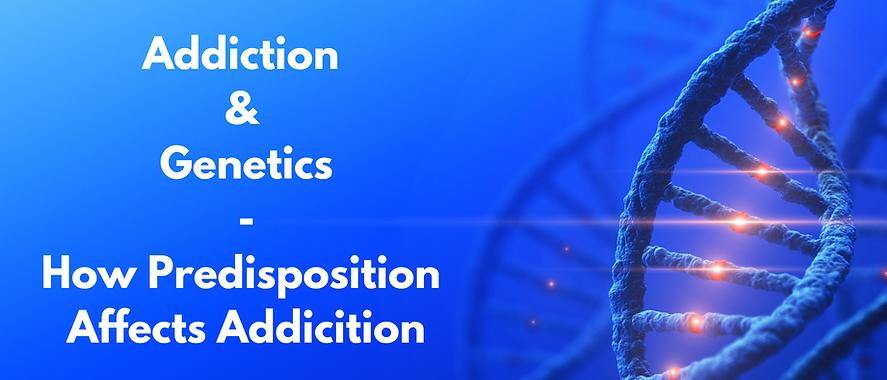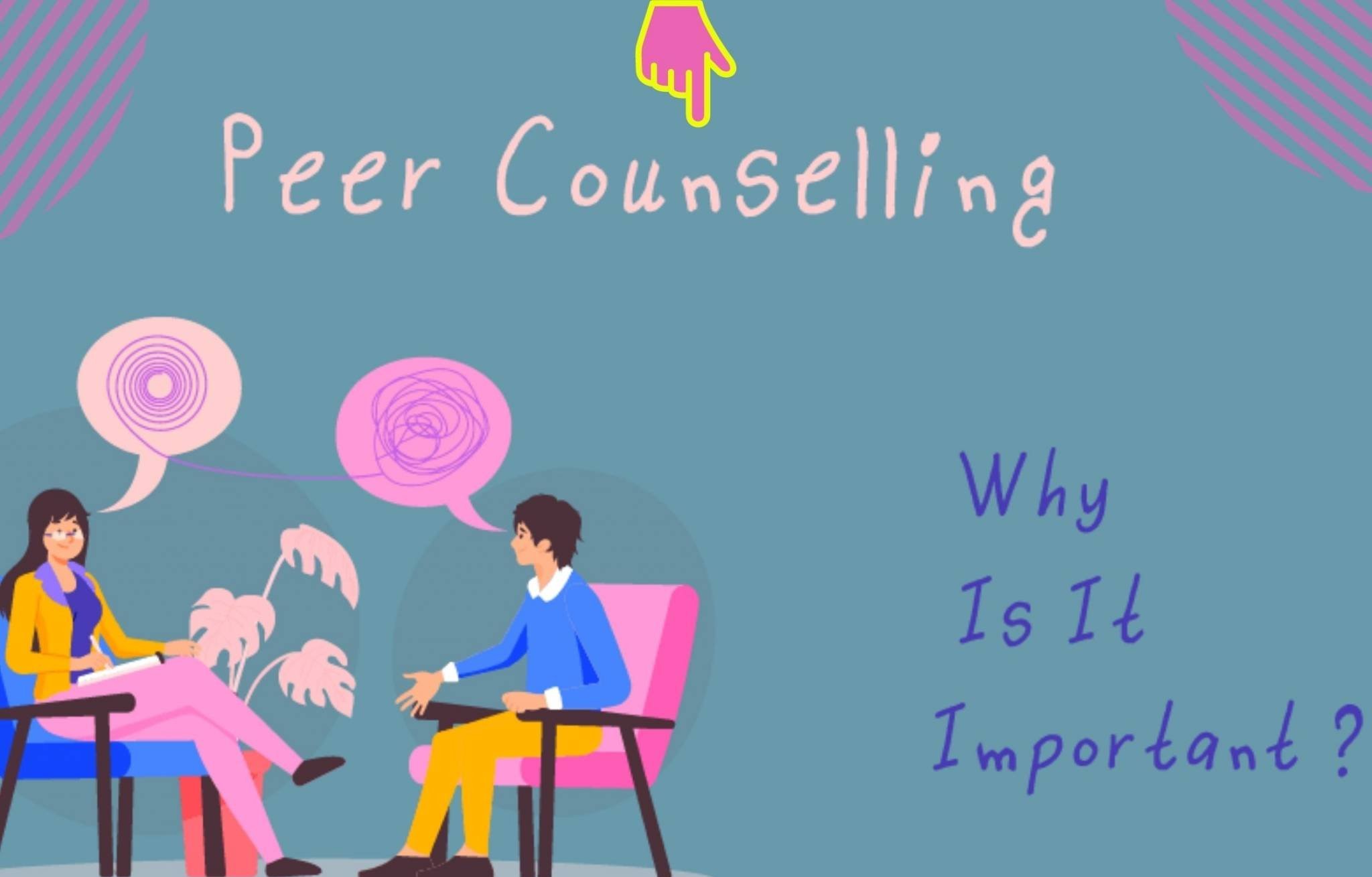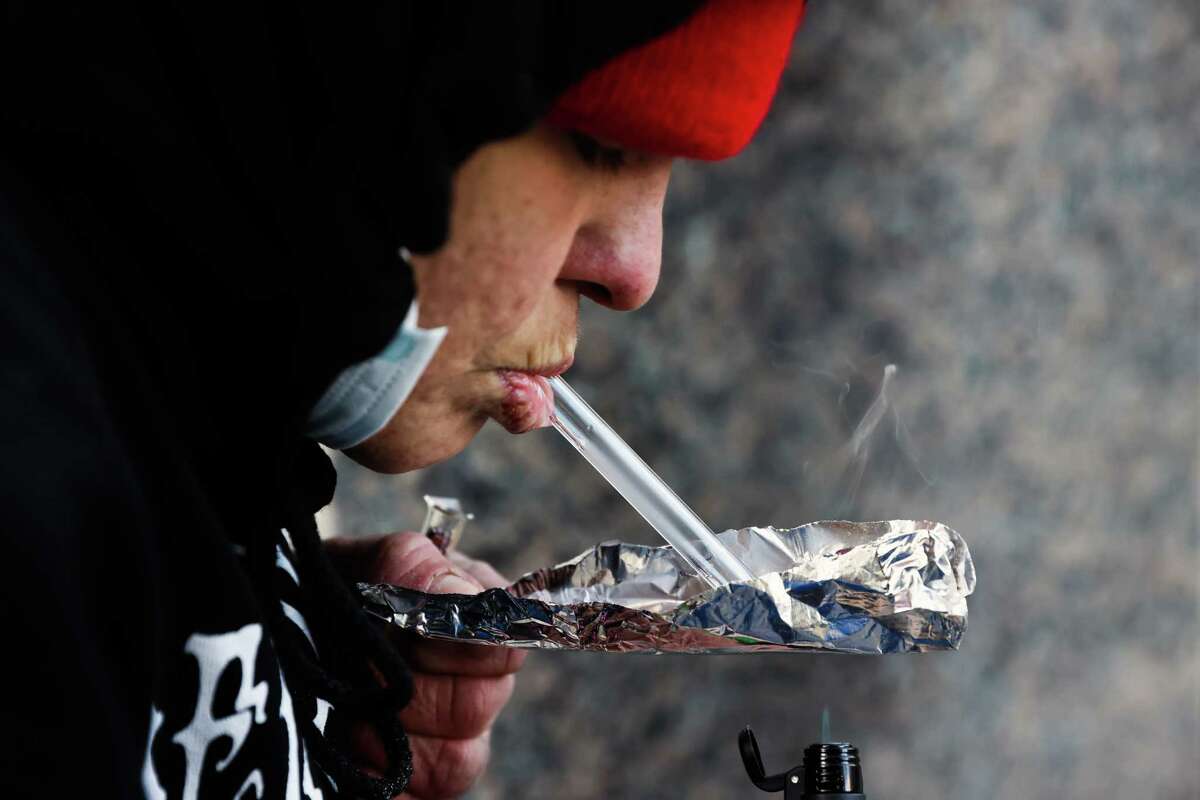Mental clinic and addiction therapy
Many mental health clinics struggle to treat adults with opioid use disorder (OUD) due to their inability to conduct dual diagnosis evaluations, hindered by regulatory barriers, limited training, and insufficient resources. Government intervention and community strategies, such as increased funding, enhanced training, and integrated care models, are essential to overcoming these challenges. By fostering collaboration … Read more
